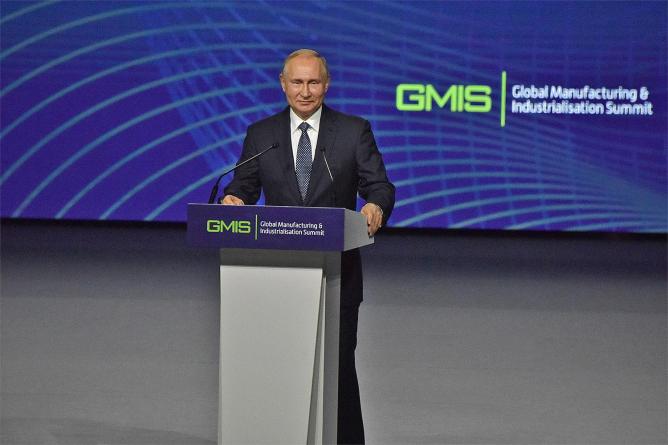A coalition of 20 Armenian-American organizations announced the formation of a “Pan Armenian Council of Western USA” on August 15, 2019.
The coalition members are:
Western Diocese of the Armenian Church of North America
Western Prelacy of the Armenian Apostolic Church of America
Armenian Catholic Eparchy of Our Lady of Nareg of North America
Armenian Evangelical Union of North America
Armenian Revolutionary Federation of Western USA
Armenian Democratic Liberal Party Western District
Armenian Relief Society of Western USA
Armenian General Benevolent Union, Western District
Armenian Missionary Association of America
Homenetmen Western USA
Hamazkayin Armenian Educational and Cultural Society of the Western USA
Armenian Youth Federation of Western USA
Unified Young Armenians
Armenian National Committee of America Western Region
Armenian Assembly of America Western Region Office
Armenian Bar Association
Organization of Istanbul Armenians
Armenian Youth Association of California
Armenian Society of Los Angeles
Iraki Armenian Family Association of Los Angeles
These are respectable organizations that have carried out admirable work in the Armenian-American community.
The Council announced that “other community organizations which desire to be part of this collective effort and have a minimum of 300 active members are hereby invited to become members of the Council.”
Furthermore, the Council explained that “the advisory nature of this Council and its decisions are not binding on any of its member organizations. Thus, the Council’s existence does not confer upon the Council any authority over the activities of its member organizations.”
The Council stated that its mission is:
• “To implement and realize projects of a pan-community nature.
• To encourage and assist projects which advance the collective interests and the rights of Armenian communities across the Western United States.
• To undertake steps to resist actions and efforts which are contrary to the collective interests and rights of Armenians.
• To gather and apply the Armenian Community’s resources for the benefit of the Community’s interests as well as the welfare of the Republics of Armenia and Artsakh.
• To always be mindful of the collective welfare and security of the Armenian Community.”
These are all worthwhile goals for the benefit of the local community as well as the interests of Armenia, Artsakh and the Diaspora. Anytime Armenians of all walks of life join hands, it is a good thing. As we all know, unity is strength. The more Armenians get organized and speak in one voice, the more powerful they become as a global nation.
The member organizations of the Pan Armenian Council met on August 16, 2019, at the Western Diocese in Burbank, California, and signed a joint statement. Even though the event was publicized as a press conference, no opportunity was provided to the attending journalists to ask questions and clarify certain important issues.
Here are some of the questions I would have liked to raise at that conference:
1) What prompted these organizations to establish such a Council at this time?
2) Prior to the creation or recreation of such a Council, a similar coalition with almost identical membership existed from 2013 to 2015, under the banner of “the Armenian Genocide Centennial Committee – Western USA.” Why was the latter disbanded in 2015 and reconstituted now, losing the opportunity for four years of collaborative efforts? As one of the co-chairmen of the Centennial Committee I had repeatedly urged the group not to disband it after the Centennial of the Armenian Genocide in 2015. Furthermore, as I reported in my October 8, 2015 editorial, during the Sept. 26, 2015 worldwide conference of the Armenian Genocide Centennial State Committee in Yerevan, Armenia, with the participation of representatives of Armenian Genocide Committees in 40 countries, a resolution was adopted to form a “Pan Armenian Council” which would supersede the Centennial Committee. An organizing committee was appointed composed of high-ranking Armenian government officials and major Diaspora organizations. Unfortunately, the envisaged Pan Armenian Council did not materialize and the 40 chapters of the Armenian Genocide Centennial Committee were disbanded.
3) If the purpose of the newly formed Pan Armenian Council is to establish a coalition of Armenian organizations in Western USA, the community already has had such a coalition for a decade, functioning under the banner of “United Armenian Council of Los Angeles” composed of 39 Armenian organizations.
4) The name of the new Pan Armenian Council should have been something like “Coalition of Armenian Organizations of Western USA.” Pan Armenian means that all Armenians in Western USA are members of this Council, whereas only members of certain organizations are represented in it. The great majority of Armenians, who are not members of any organization, are not represented in this Council.
5) Even though two of the three traditional Armenian political parties are in the Council, the third one, the Social Democrat Hunchakian Party, for some unknown reason, is not represented in the Council. There are other major Armenian organizations that are not members of the Council, such as the Armenian Professional Society, and Armenian Engineers and Scientists of America. More importantly, the huge community of immigrants from Armenia is not adequately represented in the Council.
Finally, the true Pan Armenian Council or an entity with a similar name should be elected by the votes of all Armenians in the Western USA or throughout the Diaspora, not just by members of several organizations. Only such a democratic entity can claim to represent all Armenians and speak in their name.


